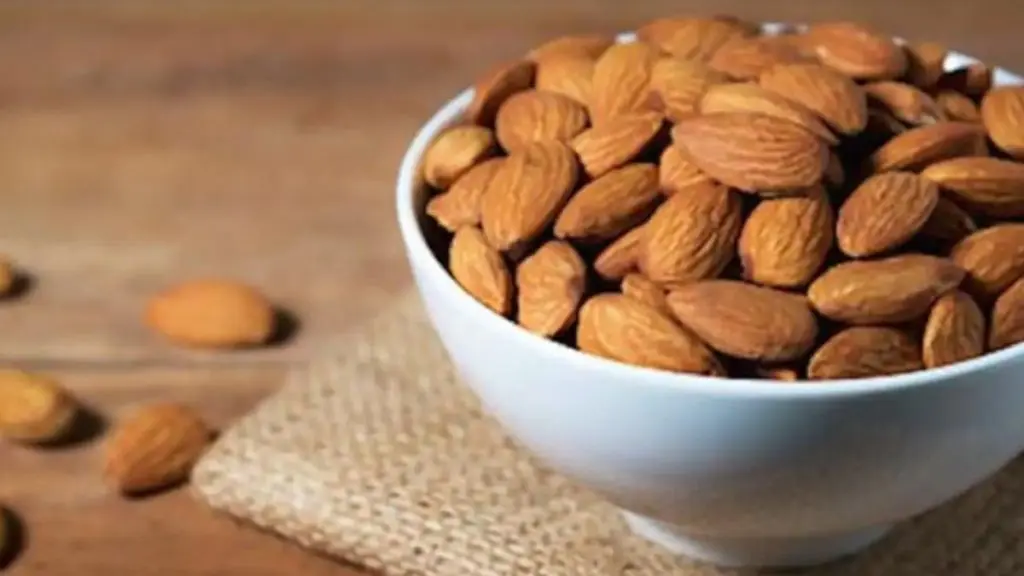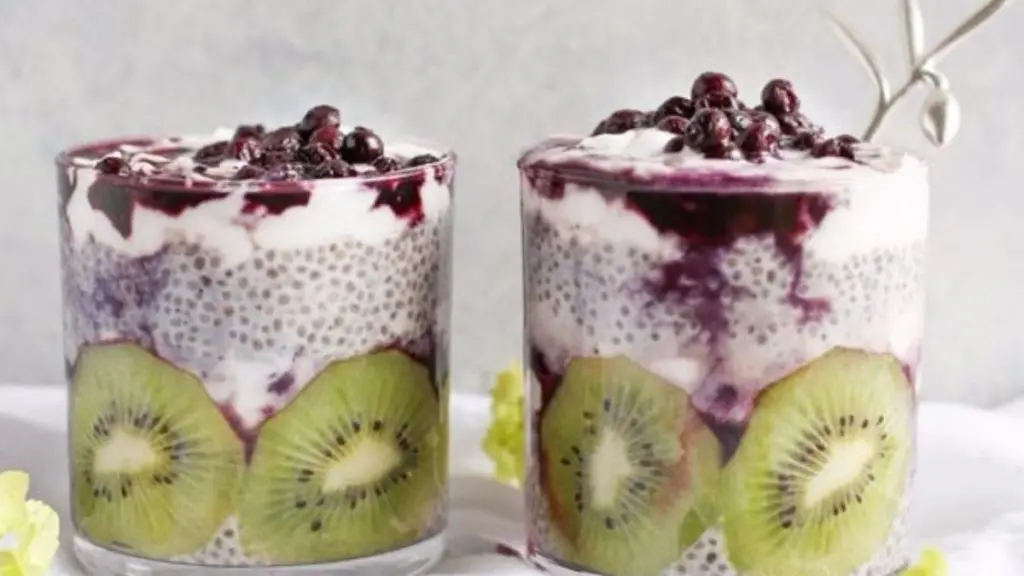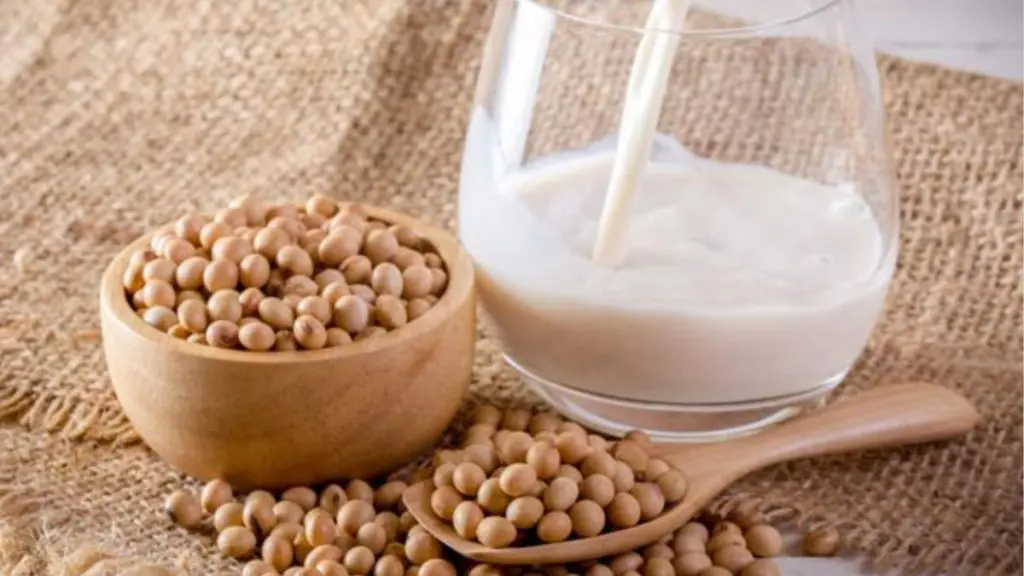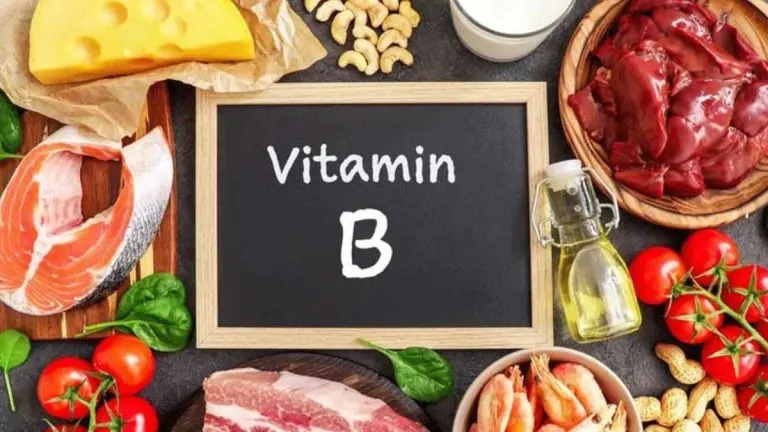Vitamin B deficiency: Right from childhood we are told to take proper diet to maintain adequate levels of vitamins in the body. These vitamins and minerals are nutrients that are essential for the proper functioning of various body systems. The food we eat contains many nutrients, of which Vitamin B is considered the most important. B vitamins are a group of 8 essential nutrients that play a vital role in the proper functioning of various organ systems in the body. A set of these vitamins helps the body convert food into energy by completing the metabolic process. By doing this it creates new blood cells in the body. Keeping brain cells, skin cells and many other tissues of the body healthy. A group of 8 different vitamin B compounds when taken together is known as vitamin B complex. Let us know in this article what is this Vitamin B complex, its functions, types of B vitamins that come under this complex…about its benefits along with some symptoms of Vitamin B deficiency suggested by dietitian Charvi Virmani. Learn.
What is Vitamin B Complex?
Vitamin B are vital nutrients that are important for the healthy functioning of various organ systems. Vitamins falling under the B complex group are water soluble and hence cannot be stored by the body. The human body cannot store these vitamins for long, so they must be a part of your regular diet for healthy growth and proper functioning of the body. While these vitamins work together within the body, they also perform some of their own unique functions. Vitamin B works to regulate metabolism and convert food into energy. Apart from this it also performs many other functions like producing new blood cells, maintaining brain and skin cells healthy, increasing energy levels, improving eyesight, providing you good appetite, improving digestion and Stimulating proper brain function. B complex vitamins include 8 types of B vitamins which are-
- Thiamine (B-1)
- Riboflavin (B-2)
- Niacin (B-3)
- Pantothenic Acid (B-5)
- Pyridoxine (B-6)
- Biotin (B-7)
- Folate (B-9)
- vitamin b12
Let's go ahead and learn more about these different types of B vitamins that together make up the vitamin B complex, their functions and the foods rich in these vitamins.
1). Thiamine (B-1)
It is also known as Vitamin B-1. Thiamine is a nutrient that is present in large quantities in organs such as the brain, heart, kidneys and liver. The human body requires these nutrients for the proper functioning and development of these organs. Thiamine performs various functions in our body such as breaking down carbohydrates, producing fatty acids, making brain chemicals and neurotransmitters as well as synthesizing certain hormones. These are nutrient rich foods-
- Pine nuts
- Coriander
- yeast
- mole
- mustard seeds
- watermelon
Deficiency of this vitamin in the body can lead to problems like muscle loss, heart disease, memory problems, loss of appetite, poor reactions, unexplained weight loss, etc.
2). Riboflavin (B-2)

Riboflavin, popularly known as vitamin B-2, is part of the B-complex and is an essential nutrient that has many important functions in the body. These nutrients are essential for energy production, breaking down drugs, fats, and steroid hormones within the body, converting vitamin B-6 into useful coenzymes that the body needs, and helping to convert tryptophan into niacin. Are. To maintain adequate levels of riboflavin in the body, food items should be consumed such as –
- Whole grains
- Almond
- sorghum juice
- Parents
- mole
- mushroom
- Quinoa
Inadequate amounts of these nutrients in the body can cause problems like itchy and red eyes, hair fall, swelling in the mouth or throat, cracked lips and skin disorders.
3). Niacin (B-3)
A vital part of nearly 400 different enzyme reactions in the body, vitamin B-3 of niacin is a nutrient that is converted to a coenzyme called nicotinamide. This converted niacin or nicotinamide is used by the body to perform vital functions in body cells such as metabolism, expression of DNA cells, converting proteins, carbohydrates and fats into reusable forms. To maintain the level of niacin in the body, food items should be consumed like –
- Rice
- Chili powder
- mustard seeds
- mushroom
- green peas
- Potato
- Millet
- Tomato
- Avocado
People suffering from vitamin B-3 deficiency may experience symptoms such as anorexia nervosa, inflammatory bowel disease, Hartnup disease, and malnutrition.
4). Pantothenic Acid (B-5)

Pantothenic acid is a nutrient that is important for the body to make new coenzymes. Pantothenic acid or vitamin B-5 is carried throughout the body by red blood cells so that it can be used to carry out metabolism and energy conversion processes. Consuming the following foods can help maintain adequate levels of pantothenic acid in the body-
- red capsicum
- mushroom
- Tomato
- Avocado
- Rice
- mustard seeds
- sweet potatoes
Deficiency of this vitamin in the body can cause conditions like irritability, loss of appetite, headache, numbness of hands and feet, poor sleep and restlessness.
5). Pyridoxine (B-6)
Vitamin B-6 or pyridoxine is an important part of the B-complex vitamins that plays a vital role in nearly 100 enzyme reactions that occur inside our body. This vitamin works by breaking down fats and carbohydrates, improving immune function, and supporting brain development and amino acid metabolism. Consuming the following foods can help you prevent vitamin B-6 deficiency and its complications-
- soy products
- sweet potatoes
- chia seeds
- banana
- watermelon
- Gram
- Pumpkin
Deficiency of this important nutrient in the body can lead to swollen tongue, depression and weak immune system.
6). Biotin B-7

A part of the vitamin B-complex that has been much talked about recently and is a part of various hair care products, biotin or vitamin B-7 has several important functions in our body. Nutrients needed by the body to regulate DNA, break down fats and proteins, and establish communication between body cells. To maintain good amount of biotin in the body, you can consume food items like –
- chia seeds
- Almond
- sweet potatoes
- Onion
- Carrot
- Tomato
- nut
- peanuts
Deficiency of biotin in the body can cause problems like depression, fatigue, brittle nails, hair fall and scaly rashes.
7). Folate (B-9)
A natural form of vitamin B found in large amounts in green leafy vegetables, folate is thought to be good for women of reproductive age and helps reduce the risk of birth defects. These nutrients are essential for vitamin metabolism, DNA replication, cell division, and amino acid metabolism. Here are some foods that can be consumed to maintain adequate levels of folate in the body-
- Parents
- Jaggery
- beans
- basil
- Broccoli
- Tomato
- salad
- Cauliflower
- Hazelnuts
Deficiency or inadequate levels of folate in the body can lead to conditions like irritability, weakness, heart palpitations and headaches.
8). vitamin b12

Vitamin B-12 or cobalamin is a nutrient used to form healthy red blood cells, improve brain and neurological function, metabolize fats and proteins, and synthesize DNA. Foods rich in Vitamin B-12 are-
- fortified cereals
- soy products
- fortified almond milk
- nutritional yeast.
Vitamin B-12 deficiency often causes constipation, fatigue, memory problems, loss of appetite, depression and numbness in hands and feet.
 look news india
look news india
